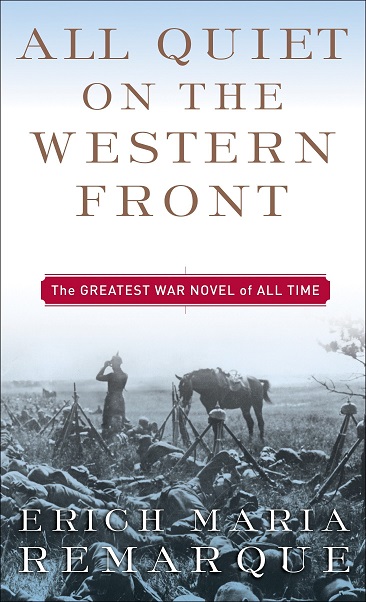The Kill Chain is another one of those library holds I only half-remember making. The writer, Christian Brose, was a long-time advisor to Senator John McCain, and in this book extends McCain’s vision for an evolution in military thinking better adapted to current geopolitical threats: namely China. He paints a chilling picture of China’s rapidly advancing military strength, which is due to put it on par or even above American power in the near future if great efforts aren’t made to course correct. His points are clear and well reasoned, though a bit repetitive, and I found most chapters orbiting around the same few arguments, namely:
America’s post-Cold War military has made assumptions about its capability—namely, that it can outmaneuver and outgun its opponents and will fight exclusively on their territory—that are increasingly untrue given the rise of Russia and especially China.
Military acquisitions focuses too much on platforms (aircraft carriers, jets, etc) that are expensive and large, rather than a modular force made up of large amounts of more expendable components.
Communication is far too hampered between forces, limiting their ability to close kill chains effectively (a kill chain being not necessarily about killing, but the operative process of identifying information, communicating it to the right source, and acting on it).
Artificial Intelligence will play a critical role in the future of warfare by eliminating much of the mental “grunt work” of locating targets, calculating options, etc, presenting commanders with a clear high level picture of the battlefield
While Brose spends most of the book hammering these points, he does offer a more hopeful conclusion wherein he points to how America can cope with military parity with China, and how this could in some ways actually play to our advantage. It was an interesting book, written competently. I trust Brose’ expertise, though his example of the chilling effect of modern warfare—Russia’s capture of Crimea—makes me wonder where this supposed elite fighting force disappeared to during the invasion of Ukraine.



